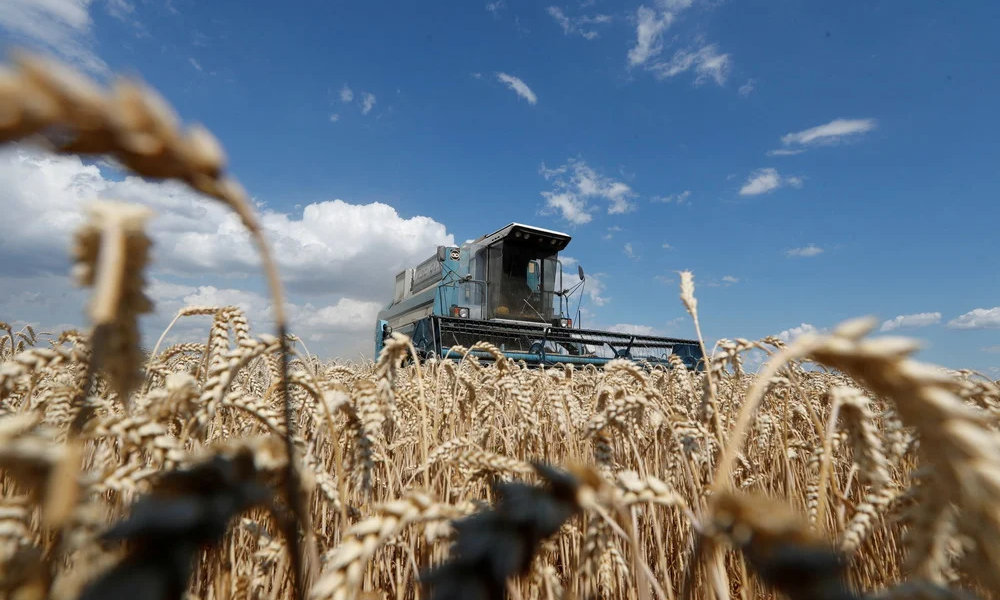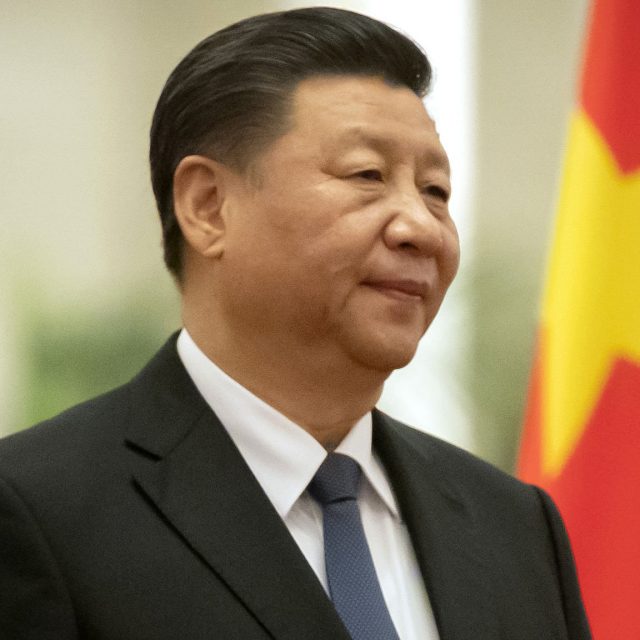After a resounding defeat in their first clash with the Ukrainian army, the Russian military leadership has significantly revised their war strategy. Now Russia, with the help of remote missile strikes, is systematically destroying oil depots and granaries throughout Ukraine. The tactical and technical characteristics of Russian ballistic missiles make it possible to hit a target anywhere in Ukraine. Russia wants to completely destroy any fuel and lubricants stocks in Ukraine. During the war, the Russian Federation partially or completely destroyed 6 granaries, and damaged the largest granary in northern Ukraine near the city of Ovruch in the Zhytomyr region.
The ongoing hostilities make it impossible to fully implement the sowing campaign for the new growing season in Ukraine. Russia has completely blocked Ukrainian ports on the Black Sea, cancelling the possibility of trade deliveries of goods and resources. Russia has also limited the export of its own domestic grain production. The war unleashed by Russia has generated the risk of a food crisis that threatens to turn into serious famine in the countries most dependent on food supplies. In particular, this threatens the countries of the Middle East.
Russian propagandists voiced in advance the assumption of an imminent famine that would come in case of a full-scale war in Ukraine. The food crisis and the influx of refugees into Europe will be cited by Russian propaganda as a consequence of the sanctions imposed against Russia. This assumption is fully consistent with the concept of hybrid aggression, widely used by the Kremlin. In particular, massive shelling of Ukrainian cities provoked the largest influx of refugees into Europe since the Second World War. Russia is preparing an asymmetric response to the sanctions the West has imposed and anti-Russian rhetoric. Russia is depriving Ukraine of the country’s main economic resource – agriculture and port infrastructure.
A serious danger of Russia’s military invasion of Ukraine is that the Kremlin is creating complex hybrid threats to Western civilisation. Using Ukraine’s involvement in the world economy, and its export and transit potential, Russia creates new triggers for pressure on countries that express support for Ukraine. The difference in the military potentials of Russia and Ukraine, coupled with existing business contracts between Western European countries and the Russian Federation, allow the Kremlin to apply a long-term, remote war mode, all the negative effects of which, according to Putin, “will lie heavy on the Kyiv regime’s conscience.”
The war in Ukraine has become a “bifurcation point”, on the outcome of which the future of the whole world depends. From the result of whoever wins the war of resources and the war of lies. Some of the main vulnerabilities are the basic needs of people for food and guaranteeing essential human necessities. Russia will try to make this war a point of vulnerability for every country that directly or indirectly expresses its support for Ukraine.
Only significant support, and understanding that Putin’s Russia is the enemy of the entire civilised world, will eliminate the complex threat from Russia to destroy the established world order.




